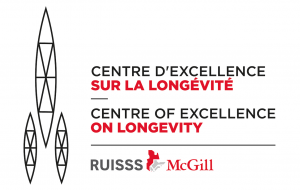Measuring the effects of the hospital elder life program (HELP) at the Jewish General Hospital: A pre-post intervention study
Background
The Hospital Elder Life Program (HELP) is a comprehensive inpatient-care program which ensures optimal care for older adults in the hospital. The primary goals of the HELP program are: Maintaining cognitive and physical function in high risk older adults throughout hospitalization, maximizing independence at discharge, assisting with the transition from hospital to home, and preventing unplanned hospital readmissions. These goals have been accomplished using a multicomponent intervention strategy. In addition to targeted interdisciplinary geriatric assessment, the program uses an innovative volunteer model to provide personal, supportive attention to vulnerable older inpatients. Thus, the HELP program is complementary to the AAPA program. Both HELP and AAPA program have been used in care practice at the JGH since 2016. The effects of these program on preventing adverse health events in geriatric inpatients hospitalized at JGH must now be evaluated.
Objectives
To examine whether the HELP program:
- reduces the incidence of delirium
- reduces the incidence of falls
- reduces the incidence of prolonged length of stay in older (i.e.; ≥ 65 years) inpatients admitted to the orthopaedic ward for hip surgery after a fracture
Methods
The study is a pre-post intervention, sequential, single arm, open-label, uncontrolled and prospective study.
Two consecutive periods were defined: An observational phase (i.e., pre-intervention), used as reference (i.e., control) period for the interventional phase, followed by an interventional phase which was separated in two sub-phases: Implementation (i.e., start-up) phase and full phase.
51 subjects were included, 28 in the observational phase and 23 in the interventional phase.
Results
Populations in the observational and the interventional phases are quite identical, except that higher risk subjects were selected during the interventional phase.
No conclusive effects on length of stay were shown for the intervention. With regard to the small number of subjects included, and the impossibility to conclude on the effects of the HELP intervention, a new study can be designed. It can be a retrospective protocol concerned with all patients, demented or not, receiving surgery for all types of fractures in the Department of Orthopaedics at the Jewish General Hospital.
Partners
Foundation of the Jewish General Hospital
Department of Orthopaedics, Jewish General Hospital
Hospital Elder Life Program, Jewish General Hospital



